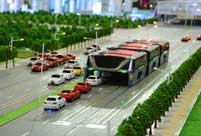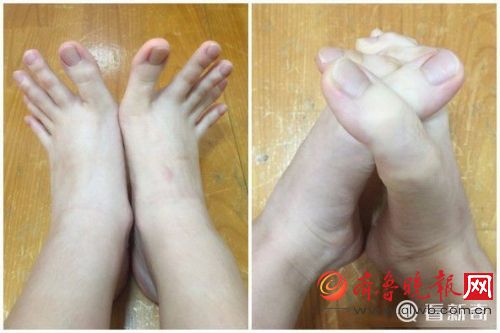

JUBA, July 10 -- South Sudan's Health Ministry has confirmed 271 people were killed in Friday's clashes between rival army factions outside the presidential palace in the capital Juba and there is renewed heavy fighting on Sunday.
In a statement, the Health Ministry said those killed included 32 civilians, 5 police officers, 44 government troops and 190 soldiers of the Sudan People's Liberation Movement-In Opposition (SPLM-IO) led by Vice President Riek Machar.
"The death toll is expected to rise as these are preliminary figure," the statement said.
It added 34 government soldiers, five police officers and at least 27 civilians were being treated in hospital.
The clashes between government troops and SPLM-IO forces on Friday afternoon were the most serious since the reconciliation between President Salva Kiir and former rebel leader Machar in April.
Kiir and Machar on Friday evening called for calm after the clashes. They said they were holding a meeting at the presidential palace when the gun battle broke out.
However, fighting erupted again early Sunday in Juba, and gunfire and artillery shelling could be heard.
The UN Mission in South Sudan said the fighting had prompted about 1,000 internally displaced people in a UN Protection of Civilian (PoC) site to flee to the UN base in Jebel area.
The statement from the Health Ministry didn't speak about the Sunday fighting which has also forced hundreds of civilians to seek protection at UN bases.
William Gatjiath Deng, a SPLM-IO spokesman, said government troops attacked their base in Jebel early Sunday with three helicopter gunships bombing their camps.
Sources told Xinhua there were also fighting near Vice President Machar's residence.
Meanwhile, the Special Representative of the UN Secretary-General in South Sudan, Ellen Margrethe Loj, on Sunday urged all parties to immediately restrain their forces, engage in dialogue to find a political solution to the crisis.
"For the safety and security of those displaced civilians, the United Nationsurges all parties to respect the civilian nature of the PoC sites," Loj said.
The renewed violence has raised fears that the war-torn country could descend into conflict again.
Civil war erupted in South Sudan in December 2013 after fighting between forces loyal to President Kiir and his then sacked deputy Machar in Juba. Machar denied he was planning a coup but then mobilized a rebel force.
A peace deal signed by the two men last August under UN pressure led to the formation of a national unity government in April, with Machar returning to his old post.
Tens of thousands of people were killed in the civil war.
 "Straddling bus" starts production in east China
"Straddling bus" starts production in east China Girl goes viral for finger-long toes
Girl goes viral for finger-long toes Five made-in-China hi-tech breakthroughs
Five made-in-China hi-tech breakthroughs HK-Zhuhai-Macao Bridge to open to traffic
HK-Zhuhai-Macao Bridge to open to traffic China opens its first combined transport service to Nepal
China opens its first combined transport service to Nepal Students take stylish bikini graduations photos
Students take stylish bikini graduations photos Charming dancing students pose for graduation photos
Charming dancing students pose for graduation photos Guizhou, Yunnan section of Shanghai-Kunming railway connected
Guizhou, Yunnan section of Shanghai-Kunming railway connected Naked models transformed into landscapes, birds and even DRAGONS by body painting artist
Naked models transformed into landscapes, birds and even DRAGONS by body painting artist Top 20 hottest women in the world in 2014
Top 20 hottest women in the world in 2014 Top 10 hardest languages to learn
Top 10 hardest languages to learn 10 Chinese female stars with most beautiful faces
10 Chinese female stars with most beautiful faces China’s Top 10 Unique Bridges, Highways and Roads
China’s Top 10 Unique Bridges, Highways and Roads China’s floods to spike global commodity prices
China’s floods to spike global commodity prices Sea provocation by Philippines, US will meet firm countermeasure
Sea provocation by Philippines, US will meet firm countermeasure Animals rescued from S.China floods
Animals rescued from S.China floods Foreigners discuss the different ways of eating freshwater lobster and the culinary cultures behind them
Foreigners discuss the different ways of eating freshwater lobster and the culinary cultures behind themDay|Week